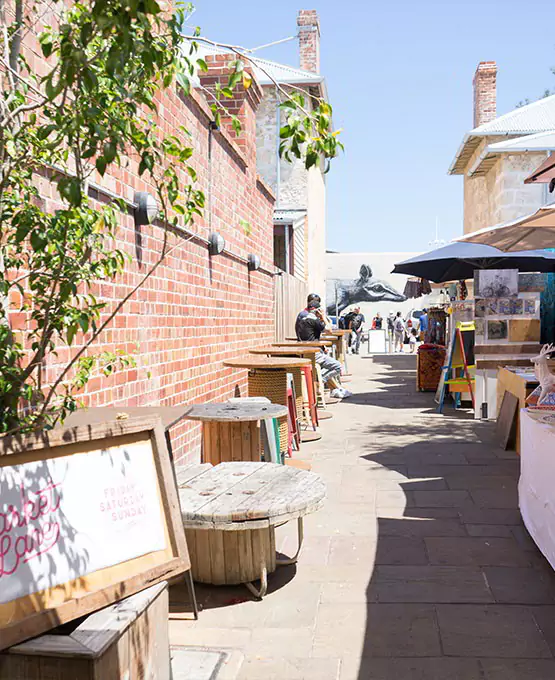You are most probably familiar with the term ‘property cycle’, but may not know exactly what it is, what factors influence the cycle and what it means when investing.
Property cycles are controlled by two competing forces. Supply (the number of properties for sale) and demand (the number of people looking / able to buy a property). If demand exceeds supply, property prices will increase, whether that be in terms of house sale or rent prices. If new supply comes into the market and exceeds demand, then prices will fall.
But what causes different markets to fluctuate?
As our population grows, demand also increases for properties – both for rental and home owners. As people start to buy and rent properties, the value of property slowly increases – the simple forces of supply and demand.
At the same time, developers and builders start building new properties to put on the market, savvy investors and homeowners looking to capitalise on the price rise also list their property for sale. This leads to an oversupply of dwellings, which eventually results in slumping home values and rent reductions.
Understanding property cycles


















